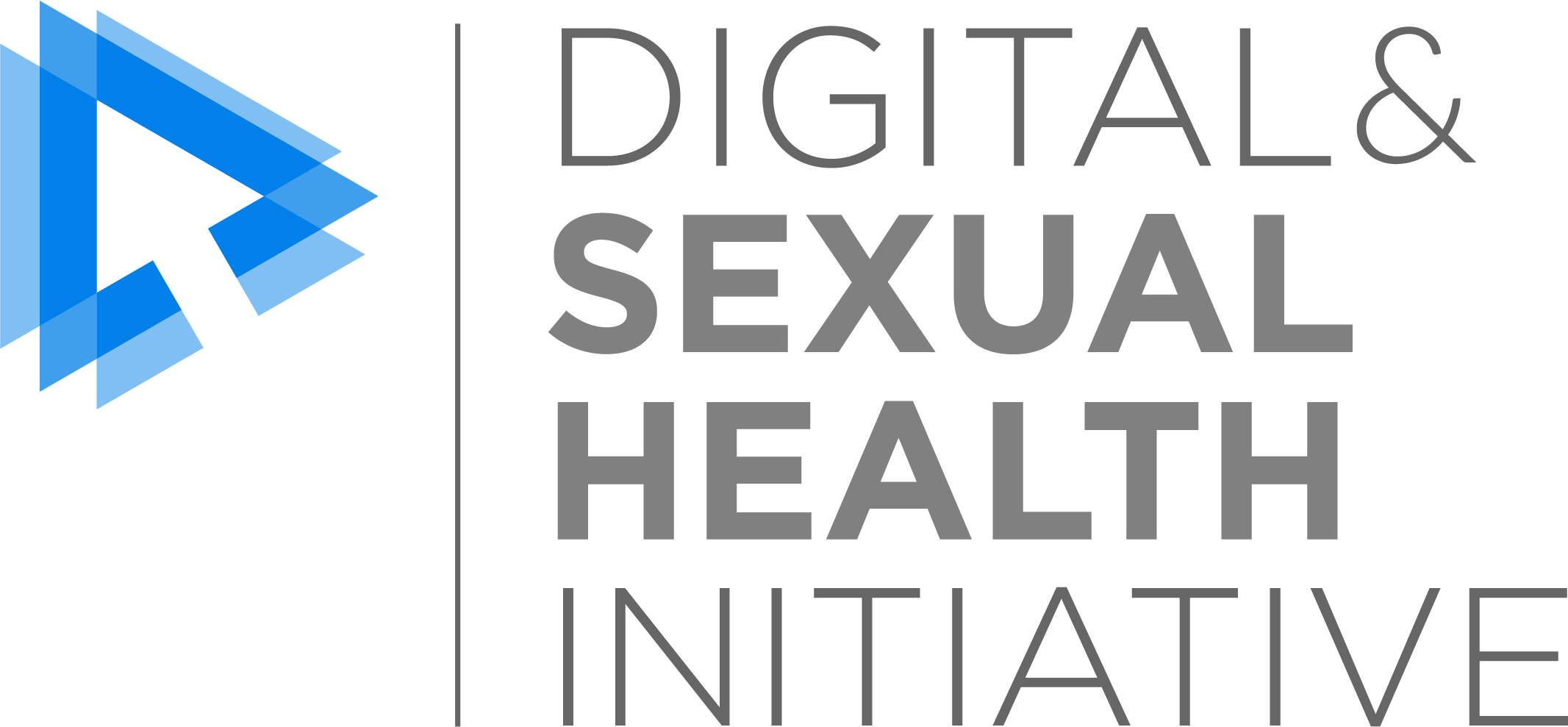Get checked… where? The development of a comprehensive, integrated internet-based testing program for sexually transmitted and blood-borne infections in British Columbia, Canada
Research theme(s)
Internet Based Testing
Research team
Mark Gilbert, Devon Haag, Travis Salway Hottes, Mark Bondyra, Elizabeth Elliot, Cathy Chabot, Janine Farrell, Amanda Bonnell, Shannon Kopp, John Andruschak, Jean Shoveller, Gina Ogilvie
JMIR Research Protocols 2016;5(3):e186
Background
Testing for sexually transmitted and blood-borne infections (STBBI) is an effective public health strategy that can promote personal control of one’s health and prevent the spread of these infections. Multiple barriers deter access to testing including fear of stigmatization, inaccurate health care provider perceptions of risk, and reduced availability of clinic services and infrastructure. Concurrent increases in sexually transmitted infection (STI) rates and demands on existing clinical services make this an even more pressing concern. Web-based testing offers several advantages that may alleviate existing clinical pressures and facilitate appropriate testing access.
Objective: This paper describes the planning, development, and usability testing of a novel Web-based testing service, GetCheckedOnline (GCO), as a complementary testing option integrated within existing sexual health services within British Columbia (BC).
Methods
From 2009 to 2014, we engaged a multidisciplinary team in the design and development of GCO. We conducted 3 initial research studies to ascertain the opinions of youth, men who have sex with men (MSM), and STI clinic clients regarding Web-based testing and elicited perspectives of sexual health care providers through focus groups. We developed an informed consent process, risk assessment questions, and test recommendations based on provincial and national guidelines and evaluated these through consultations with clinical and community stakeholders. We also conducted a preliminary health equity impact assessment whose findings also informed the GCO program mode. Finally, from April 2011 to December 2012 we gathered qualitative data from 25 participants on the functionality and usability of a GCO prototype and incorporated their recommendations into a final model.
Results
GCO launched in the fall of 2014 across 6 pilot sites in Vancouver, BC. The service involves 3 main steps: (1) create an account, complete an assessment, and print a laboratory requisition, (2) provide blood and urine specimens at participating laboratory locations, and (3) receive test results on the Internet or by phone. During this pilot phase, we promoted GCO to existing STI clinic clients and MSM in the Greater Vancouver region. A rigorous mixed-method evaluation of GCO’s uptake, acceptability, and health system impacts is currently underway.
Conclusions
GCO is the first comprehensive Web-based STBBI testing program in Canada that is integrated with existing sexual health services, with the potential to reduce pressures on existing clinical services and reach populations facing the greatest barriers to testing. Our experience highlights the facilitators and challenges of developing and implementing novel complex eHealth interventions within the health care system, and underscores the importance of considering broader implementation contexts.
